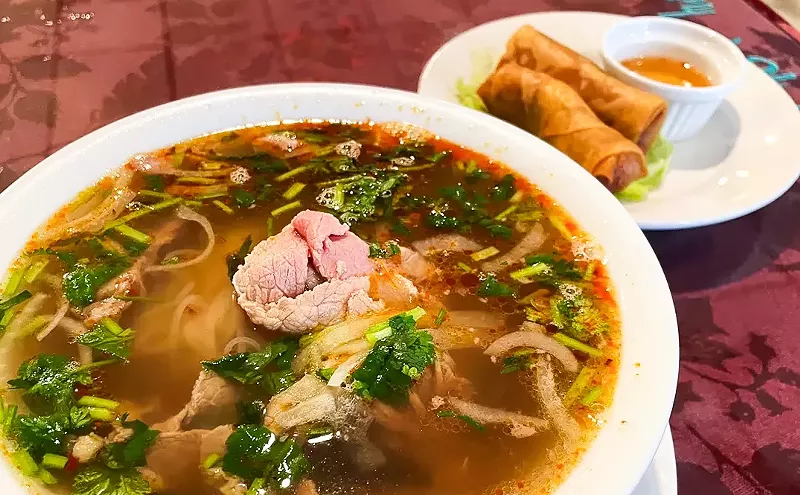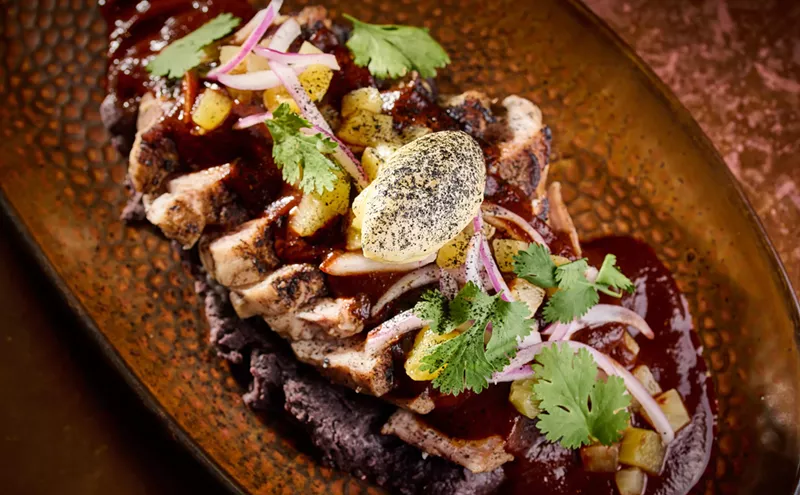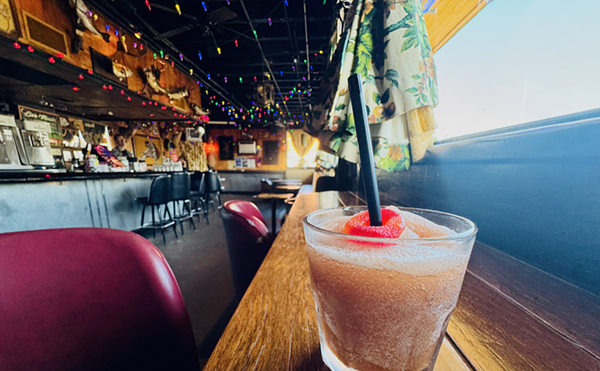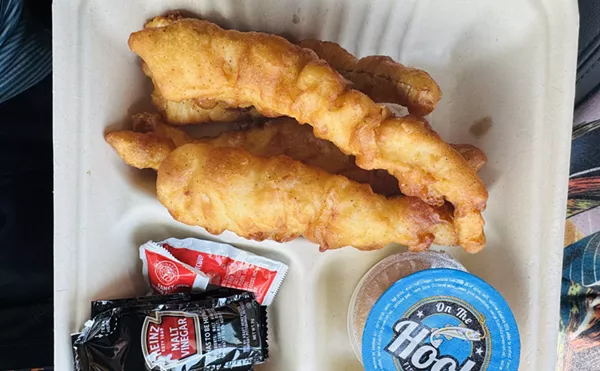Many, many years ago an acquaintance of mine recommended the Eddie Murphy disaster Best Defense. Not sure why--even Murphy dismissed (or 'dissed,' as we said back then) the flick publicly. But this friend considered it a decent movie.
Personal taste in film can vary, of course. But we encounter the same phenomenon when it comes to cooking. And I've always been fascinated by the range of opinion regarding restaurants or dishes.
Some people, for instance, rave about Mi Cocina while others will tell you the local chain is nothing special. A taste of Fuel City's tacos cause one group to raise them to heightened status. Another set of people wonder what the fuss is about (although few say they are outright bad). However, I'm more curious about the gap between "best" and "terrible" extremes rather than the "good, but" or "not my favorite" arguments. Obviously an individual's natural craving for salt, sugar, spicy or whatever comes into play. But nurture must have a role in this, as well.
If you grew up with mom's (or dad's) meatloaf, filled out by bread and
coated in ketchup, any startling deviation from that familiar recipe
may come across as a little peculiar at first...unless, of course, your
parent was a horrible cook. Those comfortable only with the deep char
and stringy texture of well-done steak generally have trouble adjusting
to a hunk of rare prime beef. I despised beets simply because, as kids,
my mom served us that awful magenta-purple stuff from a can. In other words,
the way you learn a certain dish sets the benchmark, good or bad.
Now, sometimes people register disappointment for a place because, for
whatever reason, they expected more. And we all battle cultural norms
at some point or another--an aversion to certain types or meat or an
ingrained fear of specific seasonings (I knew many Eastern Europeans
who couldn't stand fiery peppers, and rotting shark meat from Iceland
is definitely an acquired taste). This is just a guess, but discounting
genetic disposition, elevated expectations and regional quirks, the
great divergence of opinion stems from our willingness--or lack
thereof--to stray from those benchmarks.
We may like something a certain way. It may even be the "wrong" way
(think Dallas' love for cloying Margaritas made with sweet and sour
syrup). I remember sitting down for dinner at one of the city's top
steak houses and watching--gaping, rather--as a friend dumped half a
shaker of salt on his cut before even tasting the thing. He just loved
heavily salted foods.
Obliterating a dish with sodium seemed right to him. But it would be
wrong for others. And, really, his action was wrong by any standards.
To trust anything he said about a restaurant...well, how could you, really (although his thoughts on kosher salt might be spot on).
Understanding food means stepping beyond one's established set of
likes and dislikes. It means recognizing a nicely assembled dish, an
intriguing balance of flavors, the deep, rustic beauty of, say, coq au
vin prepared with tough old rooster and a hearty splash of blood, and
appreciating the result--even if it's not to your taste.
Even if you would never, ever order it again.
I mean, it's food. There are few real rights and wrongs. Some, of
course: overcooking, oversalting, selling flaccid French fries, Almond Joy candy bars, that
sort of thing. People will differ on their appreciation of a dish
always--and that's good. But I still wonder why some places earn undying love
and abject hate at the same time.
Oh, well. No answers here.












